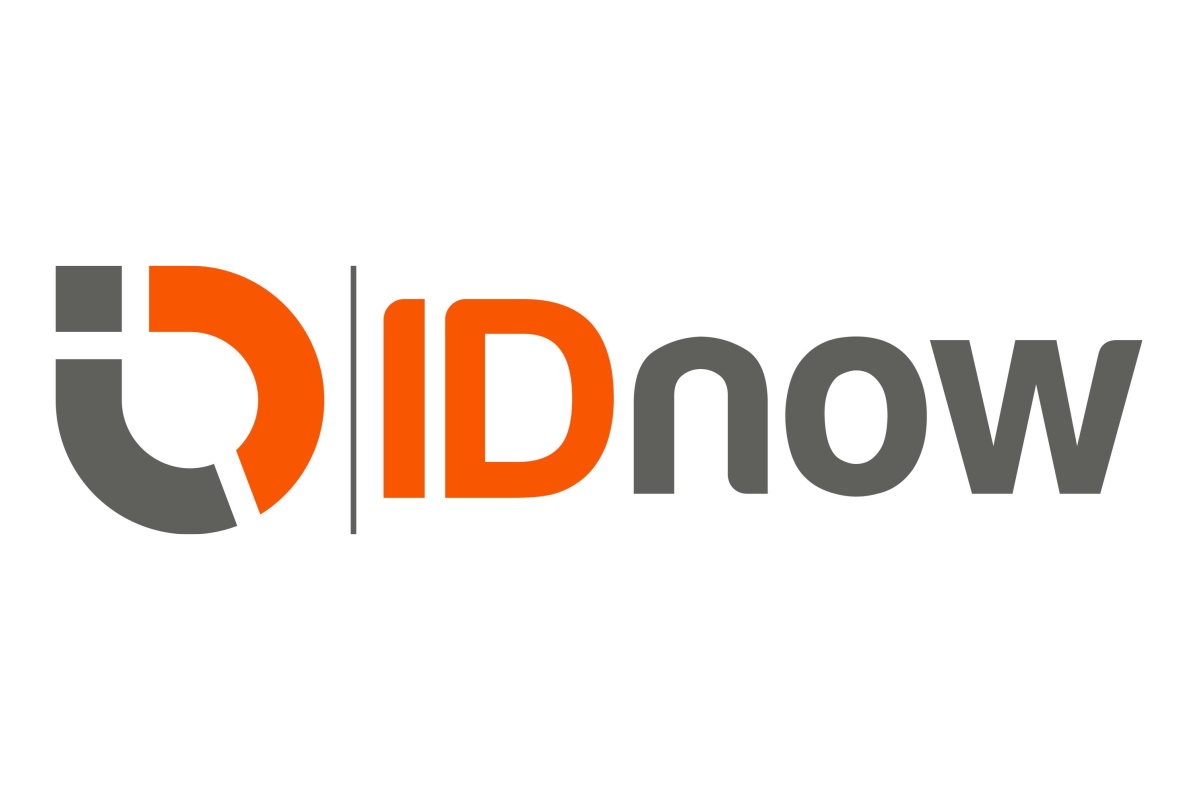Compliance Updates
IDnow introduces automated identity verification for highly regulated use cases

IDnow enables an automated identity verification solution for highly regulated use cases, complying with Anti-Money-Laundering-Law in Europe, including Germany.
IDnow, a leading European Platform-as-a-Service provider for identity verification, is expanding its automated solution AutoIdent for additional highly regulated use cases, including areas regulated by the Anti Money Laundering Act (AML/GwG), such as banks and financial service providers.
IDnow AutoIdent is an AML Act compliant identity verification solution that operates as an automated process and meets the high-security requirement. It serves a wide range of industries and use cases, such as opening a bank account, signing a loan agreement, or onboarding a player for online gaming. Taking advantage of a Qualified Electronic Signature (QES) and existing online bank accounts of the user, it seamlessly blends state-of-the-art technologies with existing identity and banking data into an easy, secure and fully compliant identity verification process.
IDnow AutoIdent including QES, is certified by a conformity assessment body and is approved by an EU Member State National Regulator for issuing QES (Qualified Electronic Signature) according to eIDAS Regulation Article 24 (1) d). The process can include a one-cent-bank transfer, turning it into a fully compliant remote onboarding solution in accordance with the German AML Act – GeldwĂ€schegesetz (GwG), under Section §12 sentence 1 Nr 3. According to the AML law, automated identity proofing in connection with a reference transaction is permitted, pursuant to Article 32 eIDAS.
“Our belief in providing an advanced identity verification platform which increases security improves conversion and streamlines our customers’ onboarding process across geographical borders drives us forward. By making our automated solution AML-compliant with additional regulations, our customers can offer a faster process and therefore a better user experience while ensuring high security and regulatory standards. This gives our customers, who operate in a constantly evolving environment, the peace of mind and the flexibility to choose the solution that meets their needs best,” says Andreas Bodczek, CEO at IDnow.
The IDnow platform, which includes AutoIdent as a building block, effortlessly orchestrates all necessary components into a seamless, secure and AML-compliant identity verification.
Depending on the customer’s needs, the onboarding process offers total flexibility. Further components of the IDnow platform can added, e.g., eSign, the add-on for the digital contract signing opening up additional use cases such as taking out a consumer loan in a wholly digital process.
In recent years, IDnow has expanded its role far beyond offering specific identity verification products and has become an overarching platform for digital identities with several million transactions per year, used by over 800 customers worldwide. In 2021, IDnow acquired the French market leader for identity technology, ARIADNEXT, and the German identity Trust Management AG, enabling IDnow to offer its customers one of the broadest identification solutions through a single, integrated platform.
-

 Africa5 days ago
Africa5 days agoNew Governing Board of the Gaming Commission of Ghana Sworn in
-

 Africa7 days ago
Africa7 days agoSA Rugby Renews its Partnership with Betway
-

 Asia7 days ago
Asia7 days agoPolemos Announces Partnership with Guinevere Capital
-

 Asia7 days ago
Asia7 days agoWiseGaming strikes content partnership with Zenith Gaming
-

 Africa6 days ago
Africa6 days agoBetKing Delivers Healthcare Services and Nutrition Support to Underserved Nigerian Communities
-

 Compliance Updates7 days ago
Compliance Updates7 days agoONJN Requests Meta and Google to Remove Illegal Gambling Ads
-

 Asia6 days ago
Asia6 days agoQTech Games strengthens its elite suite with Bigpot Gaming
-

 Industry News6 days ago
Industry News6 days agoREGISTRATION NOW OPEN FOR GLOBAL GAMING EXPO 2025


































